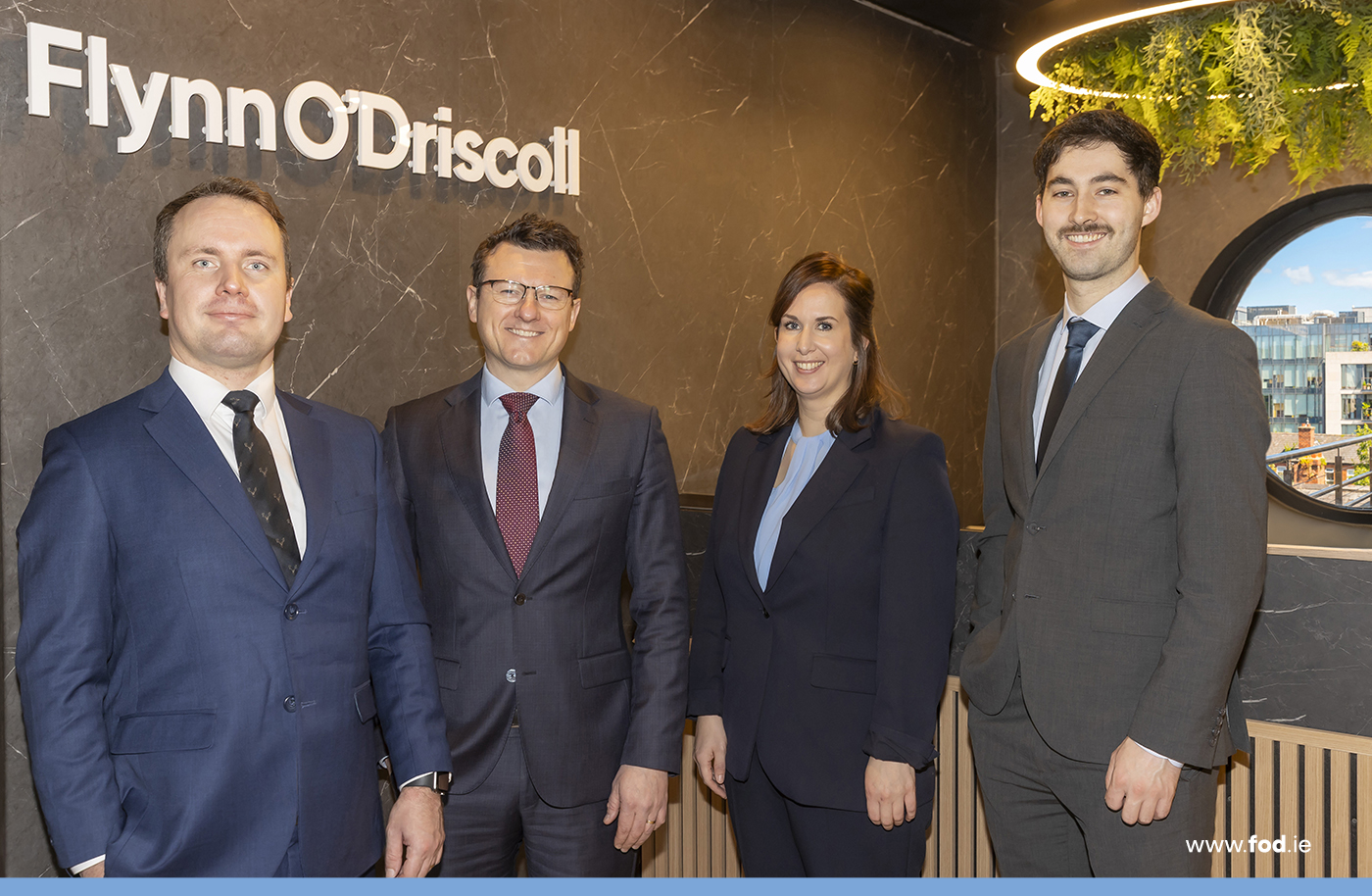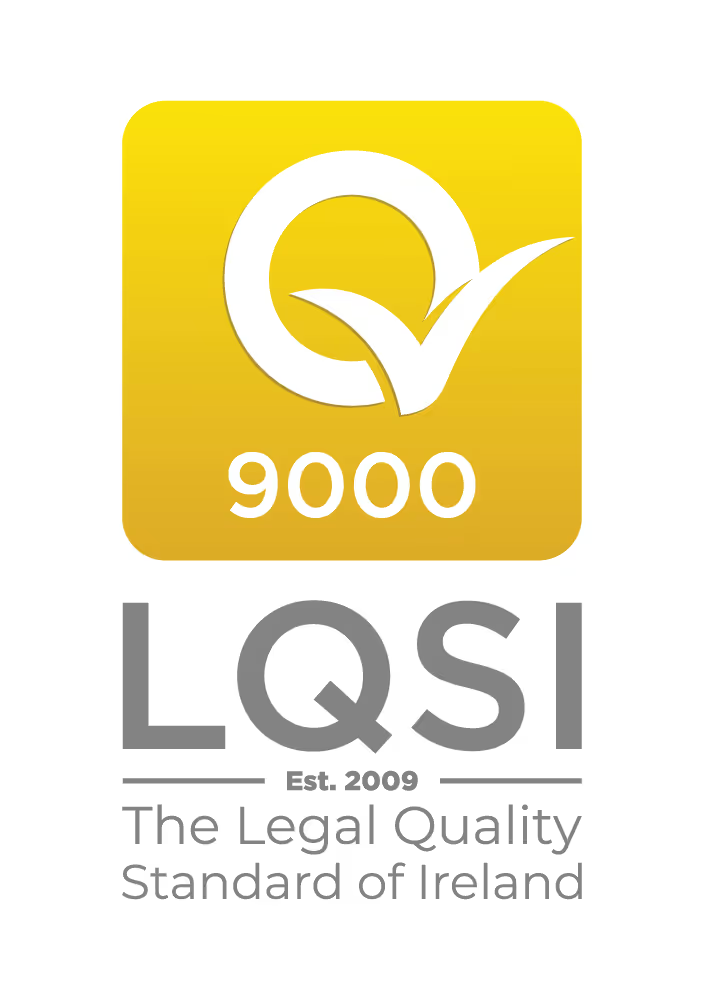Background
On 18 November 2020, the Irish High Court appointed an interim examiner, Kieran Wallace of KPMG, to a number of companies in the Norwegian Air Group (“Norwegian”) to provide it with protection from its creditors through examinership during the COVID-19 crisis. The petition to affirm the appointment of the interim examiner is scheduled to be heard in December.
Norwegian grew rapidly to become Europe’s third largest low-cost airline and the biggest foreign carrier serving New York and other major US cities. By 2019, it employed over 10,000 staff and had operated twenty (20) bases in eleven (11) countries. However, the last year was difficult for Norwegian and it commenced several cost reduction measures aimed at restoring it to profitability.
The necessity to seek examinership came about after Norwegian’s financial difficulties were exacerbated when its fleet was grounded by the COVID-19 outbreak, causing countries around the world to tighten their borders and impose quarantine restrictions on travellers. The High Court heard that since the start of the year, Norwegian had seen a fall in passenger numbers of approximately 78% from the same period in 2019. At the end of September, Norwegian’s debts and liabilities stood at US$7.4 billion. Its revenue in the third quarter of 2020 is down by 91% on the same period in 2019. Operating losses had also increased to over €590 million, compared to €149 million in 2019.
The grounding of Boeing 737 Max and Boeing 787 Dreamliner aircraft, due to technical difficulties had also adversely affected Norwegian’s finances, the High Court also heard.
Norwegian’s creditors are a mix of leasing firms and banks.
The restructuring process is estimated to take up to five (5) months.
What is Examinership?
Examinership is a process whereby the protection of the High Court is obtained to assist the survival of a company. Essentially, it allows a company to restructure its debts with the approval of the High Court. The usual outcome of the examinership process is that the creditor balances are reduced, the assets of the company are protected, investment is obtained and the directors remain in control of the business during the examinership process which is supervised by an expert practising accountant called the examiner. Examinership is an option available to an insolvent company that enables it to explore all opportunities to provide for its survival. It is a management friendly process that is inclusive of creditors, customers, suppliers and employees.
The effect of the examinership is that for so long as a company is under the protection of the court:
• no proceedings for the winding up of the company may be commenced or resolution for the winding up passed in relation to the company;
• no receiver over any part of the property or undertaking of the property shall be appointed, or, if so appointed before the presentation of a petition shall be able to act;
• no attachment, sequestration, distress or execution shall be put into force against the property or effects of the company, except with the consent of the examiner;
• where any claim against the company is secured by a mortgage, charge, lien or other encumbrance or a pledge of, on or affecting the whole or any part of the property, effects or income of the company, no action may be taken to realise the whole or any part of that security, except with the consent of the examiner; and
• no steps may be taken to repossess goods in the company’s possession under any hire purchase agreement, except with the consent of the examiner.
Interim Examinership Application
Norwegian’s board of directors petitioned the High Court for the appointment of an examiner. They expressed hope that an examiner could put together a scheme of arrangement with Norwegian’s creditors, which if approved by the High Court, would allow Norwegian continue as a going concern.
Norwegian stated that it had chosen Ireland for its application because its fleet is held here and that it had taken the decision “in the interests of its stakeholders”.
Norwegian’s aviation asset platform is held by companies based in Dublin. Arctic Aviation Assets DAC is the parent company of these companies. This arm of Norwegian’s business handles aircraft financing and ownership. Arctic Aviation Assets DAC is a wholly-owned subsidiary of Norwegian.
The application to the High Court came a week after the Norwegian government refused to grant further financial assistance to Norwegian, a decision which Norwegian stated left it facing a “very uncertain future”.
Norwegian stated that the decision to request examinership had been taken to “secure the future of Norwegian for the benefit of its employees, customers and investors” and that it would “emerge from the process as a more financially secure and competitive airline, with a new financial structure, a right-sized fleet and improved customer offering”.
Norwegian believed that it had enough liquidity to get through the examinership process based on its current cash position and its projections going forward. It is only flying six (6) of its 140 aircraft and will only operate domestic Norwegian routes during the winter.
In addition, Norwegian stated that it is encouraged by recent reports about the future availability of a vaccine for Covid-19.
At the High Court, Mr Justice Quinn said that he was satisfied to appoint Mr Wallace as interim examiner.
Mr Justice Quinn said that while the companies were insolvent and unable to pay their debts as they fall due, an Independent Expert’s Report (the “IER”) presented to the High Court stated that the companies have a reasonable prospect of survival if certain steps are taken.
These steps include:
• the appointment of an examiner;
• the full implementation of a restructuring plan; and
• sourcing additional financing.
Mr Justice Quinn noted that the IER stated that Norwegian’s creditors, which include aircraft leasing companies and financial lenders, would do better through a successful examinership process compared to if Norwegian was put into liquidation.
Conclusion
Nowegian’s examinership petition to the Irish High Court highlights the effectiveness of an Irish examinership as a flexible restructuring tool and the efficiency, expertise and experience of the Irish courts in dealing with commercial restructuring solutions, particularly in the airline sector.
Please check our restructuring and insolvency page
This note is for general information purposes. Legal advice must be obtained for all individual circumstances. Whilst every effort has been made to ensure the accuracy of this note, no liability is accepted by the author or Flynn O’Driscoll for any inaccuracies.
About The Authors






